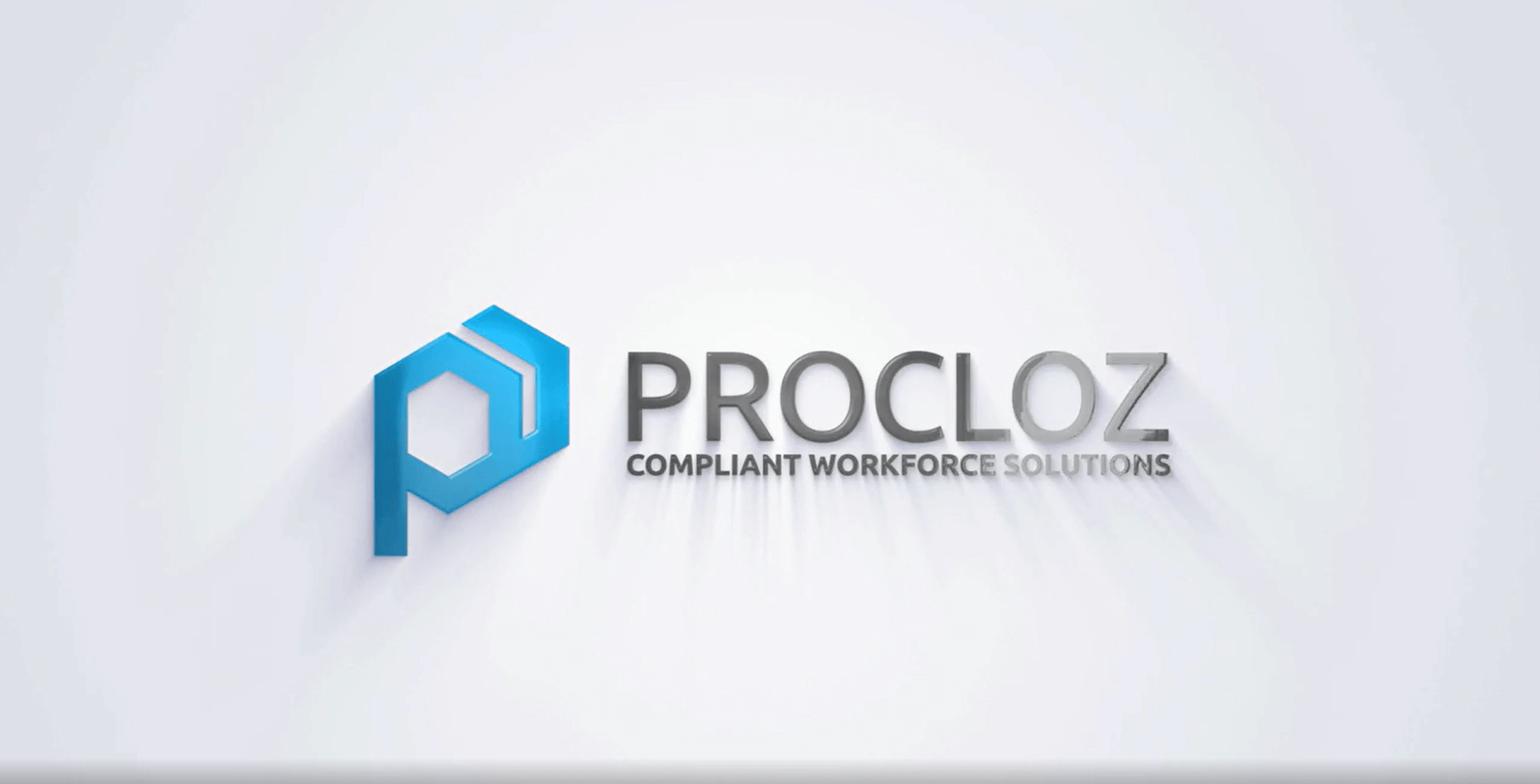Shared service automation has been a popular business model for years, providing companies with a way to centralize and streamline support functions across different departments or even locations. They offer benefits like cost savings, improved efficiency, and standardized processes. However, as technology evolves and automation becomes more prevalent, the future of shared services is set to change drastically.
Key Trends And Predictions For Shared Service Automation In The Future
Increased Adoption of Robotic Process Automation
Robotic process automation (RPA) is a technology that allows businesses to automate repetitive, rules-based tasks. It has become increasingly popular in shared services as it allows companies to reduce costs and improve efficiency. In the future, we can expect to see even greater adoption of RPA as it becomes more sophisticated and easier to implement.
The wide range of applications of RPA includes data entry, invoice processing, and customer service. As AI and machine learning become more advanced, the technology of RPA can be used for more complex tasks like fraud detection and compliance monitoring.
Greater Use of Artificial Intelligence
Artificial intelligence (AI) is already being used in shared services to improve decision-making and automate more complex tasks. In the future, we can expect to see AI being used even more extensively, especially in areas like data analysis and predictive modelling, ultimately helping in business process management.
AI can be used to analyze large volumes of data to identify trends and patterns, which can help organizations make better business decisions. Predictive modeling can also be used to forecast future trends and identify potential risks, helping respective organizations to plan more effectively.
Cloud-Based Shared Services
Cloud-based shared services are becoming increasingly popular as they offer greater flexibility and scalability. Cloud-based services also allow organizations to access shared services from anywhere, at any time, making it easier to manage global operations.
Cloud-based services also offer greater security and reliability, as they are managed by third-party providers who specialize in data security and IT infrastructure. This means that focusing on core business activities while leaving the management of shared services to the experts is a benefit that organizations can exploit as a direct result.
Greater Focus on Customer Experience
In the past, shared services were primarily focused on reducing costs and improving efficiency. However, in the future, there is a higher chance of seeing a greater focus on customer experience. Organizations are recognizing that shared service automation plays a critical role in supporting their customers, and are therefore investing more in areas like customer service and user experience.
This means that shared service automation will need to be more agile and responsive, with a focus on delivering a seamless customer experience. Organizations will also need to invest in training and development to ensure that their shared services teams have the necessary skills to deliver a high-quality customer experience.
Greater Integration with Business Processes
In the future, one can expect to see greater integration between shared services and core business processes. Shared services will no longer be seen as a separate entity, but rather an integral part of the business.
This means that shared services teams will need to work closely with other departments to ensure that they are aligned with the overall business strategy. This will require greater collaboration and communication across different functions and a greater emphasis on cross-functional training and development.
To have a better understanding of shared service automation, you must read about why businesses need to adopt the holistic automation approach.
Conclusion
To sum up, the future of shared service automation is set to be dominated by technologies like RPA, AI, and cloud-based services. Organizations will need to invest in these technologies to remain competitive and improve their efficiency.
However, the focus will also need to shift towards delivering a high-quality customer experience and greater integration with core business processes. This will require a greater emphasis on collaboration, communication, and training and a willingness to adapt to new technologies and ways of working. Moreover, if you need any help with intelligent business automation, contact Procloz for business process outsourcing services.












